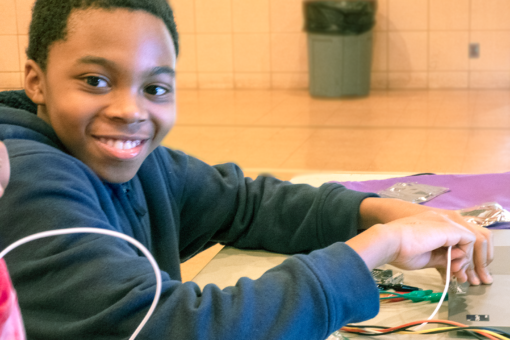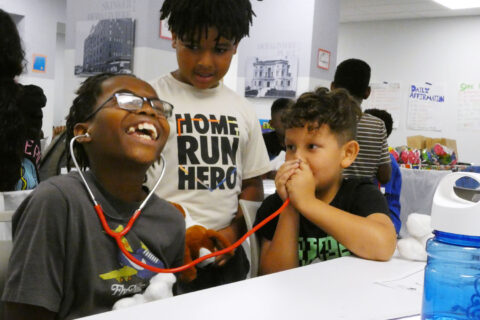elementary education from which class lays the foundation for a child’s academic journey. At kienhoc.vn, we understand the importance of this crucial stage and provide resources to support parents and educators. This article explores the grade levels, curriculum, and significance of elementary education in shaping young minds.
Understanding Elementary Education
Elementary education is like the building blocks of learning. It’s the first few years of school where you learn the basics, like reading, writing, math, and science. It’s a time to explore, discover, and have fun while learning new things.
Think of it as building a strong foundation for your future education. Just like a house needs a solid base to stand tall, you need a good understanding of the basics to learn more complex things later on. Elementary education helps you develop important skills like critical thinking, problem-solving, and working with others.
What Makes Elementary Education Special?
Elementary education is special because it focuses on the whole child. It’s not just about academics; it’s also about social, emotional, and physical development. Teachers create a supportive and engaging environment where you can learn and grow in all areas.
They use fun activities, games, and projects to make learning enjoyable. You’ll get to work with other kids, make new friends, and learn how to be a good citizen. Elementary education is a time to discover your talents and interests and develop a love for learning that will last a lifetime.
* Directorate of Elementary Education* Elementary Education EdTPA Handbook


Grade Levels in Elementary School
Early Years: Kindergarten and First Grade
Kindergarten and first grade are like the first steps on your learning adventure. In kindergarten, you’ll learn the alphabet, numbers, shapes, and colors. You’ll also sing songs, play games, and make new friends. It’s all about having fun while learning!
First grade builds upon what you learned in kindergarten. You’ll start reading simple books, writing sentences, and adding and subtracting numbers. You’ll also learn about the world around you, like animals, plants, and different cultures. It’s an exciting time to explore and discover!
* Elementary Education Degree Jobs* Elementary Education BS
Building Skills: Second and Third Grade
In second and third grade, you’ll continue to build your reading, writing, and math skills. You’ll read longer books, write stories and reports, and solve more complex math problems. Science and social studies become more interesting as you learn about the solar system, the human body, and important events in history.
You’ll also start working on projects and presentations, which helps you learn how to research, organize information, and speak in front of others. These are important skills that will help you throughout your education and life.
| Grade | Typical Age |
|---|---|
| Kindergarten | 5-6 years old |
| First Grade | 6-7 years old |
| Second Grade | 7-8 years old |
| Third Grade | 8-9 years old |


Curriculum and Subjects
Elementary school is like a buffet of knowledge, with lots of different subjects to explore. You’ll learn the basics of reading, writing, and math, which are like the main courses. These subjects help you build a strong foundation for learning and understanding the world around you.
But that’s not all! You’ll also get to taste other subjects like science, social studies, art, music, and physical education. Science lets you discover cool things about plants, animals, and the universe. Social studies teaches you about history, geography, and different cultures. Art and music help you express your creativity and imagination. And physical education keeps you active and healthy.
- Elementary Education Degree Jobs
- Elementary Education BS
Each subject is like a different ingredient that adds flavor to your learning experience. They all work together to help you grow and develop into a well-rounded individual. Just like a chef combines different ingredients to create a delicious meal, teachers use various subjects to make learning fun and engaging.
They might use stories, songs, games, experiments, and projects to help you understand the concepts. You’ll get to read exciting books, write creative stories, solve challenging math problems, conduct science experiments, and learn about different cultures and historical events.
| English Language Arts | Math | Science |
| Social Studies | Art | Music |
| Physical Education | Health | Technology |


Final Thought
Elementary education plays a vital role in shaping young minds and preparing them for future success. By understanding the grade levels, curriculum, and importance of this educational stage, parents and educators can work together to create a nurturing and enriching learning environment for children.



